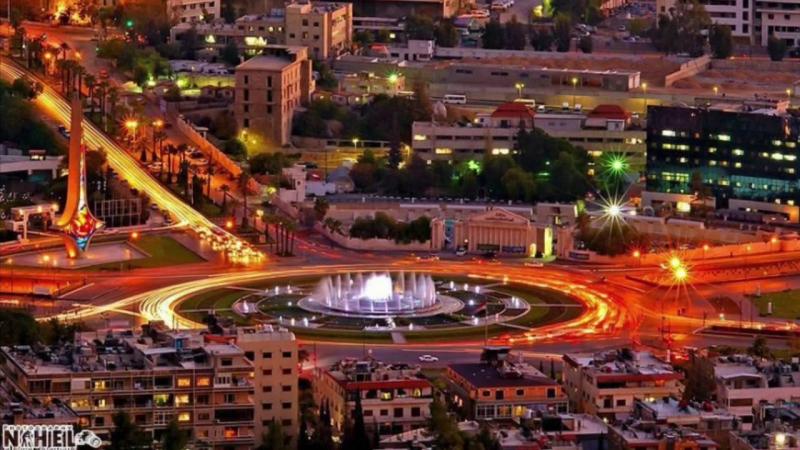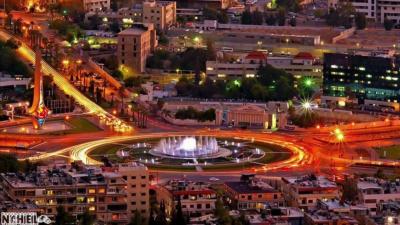Moscow has succeeded in reactivating the dialogue between the Syrian government and the Syrian Democratic Forces (SDF), utilizing recent developments in the cities of Al-Hasakah and Qamishli.
According to the Lebanese newspaper Al-Akhbar, Moscow is working to leverage its mediation between the Kurdish forces and Damascus, expanding it to serve as a framework for rejuvenating the stagnant relations between the two parties, in order to reach agreements on contentious issues. In this context, a delegation from the "Self-Administration," composed of Ahmad al-Amar, known as “Badran Jiya Kurd,” the Deputy President of the "Self-Administration," and others, arrived in Damascus mid-week, where they met with several government officials.
Sources revealed a "preliminary agreement from the SDF to raise the Syrian flag and affirm the unity of Syrian territory, in exchange for establishing a special status for the SDF within the Syrian army structure, and considering the self-administration to function as a local administration in line with Local Administration Law No. 107."
Additionally, it was indicated that "the SDF showed a preliminary agreement to a Russian proposal to join the Syrian army as a brigade similar to the fifth brigade overseen by Russian forces, along with a request to count the service duration of its members within the regular Syrian army."
It was noted that "the Kurdish delegation will repeatedly visit Damascus to continue its dialogues with the government under Russian sponsorship, and agreements will be officially announced if a real accord is reached." They confirmed that "this round of dialogue was the most successful, and if an agreement is achieved, it would represent an important turning point towards ending the war in a significant part of the country."
The discussion regarding the investment of oil and gas fields, and their return to Syrian national sovereignty, will be addressed in future sessions, should tangible progress be made in administrative and political matters. The issue of the existence of polling boxes for the upcoming presidential elections in areas under SDF control will also be discussed during this period as an important step towards comprehensive agreements in the region.
According to sources familiar with the discussions who spoke to Al-Akhbar, "Damascus has agreed to allow the treatment of SDF casualties in government hospitals in Damascus, and to release several detainees, in exchange for the release of military personnel and civilians kidnapped by the SDF as a goodwill gesture between the two parties."
The blockade imposed by the SDF on areas controlled by the Syrian army in the cities of Al-Hasakah and Qamishli has accelerated the push to activate dialogue, especially since Moscow aims to capitalize on these developments to achieve agreements concerning the "Eastern Euphrates" file, away from fighting.
Meanwhile, the Pentagon's announced abandonment of its mission to protect oil fields has sent negative signals to the SDF, prompting it to reopen discussions with Damascus again, under Russian sponsorship.
For its part, a knowledgeable Syrian government source responded to this information by stating that "the Syrian state is open to dialogue with all parties based on the unity and sovereignty of Syrian territory." The source reminded that "Damascus always emphasizes the necessity for the SDF to dissociate itself from the American occupation, as this would be an important basis for achieving genuine national dialogue with it."




